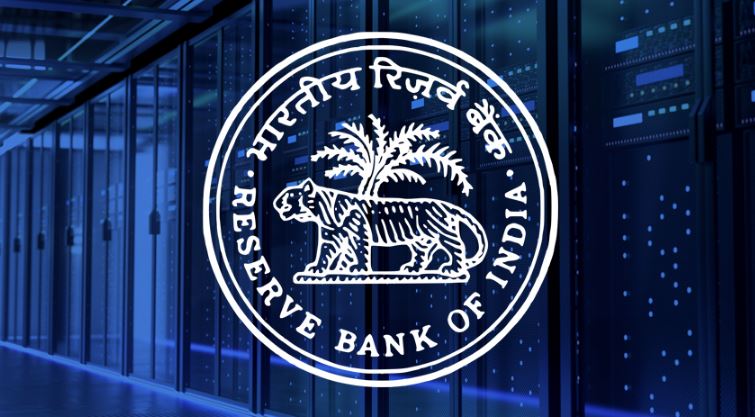April 01, 2021
The Chairman/ The Managing Director/
The Chief Executive Officer
All Banks
Madam / Dear Sir
Master Circular – Facility for Exchange of Notes and Coins
Please refer to the Master Circular DCM (NE) No.G-3/08.07.18/2020-21 dated July 01, 2020 containing instructions on the facility for exchange of notes and coins. A revised version of Master Circular on the subject is annexed for your information and necessary action. This Master Circular is placed on our website www.rbi.org.in.
Yours faithfully
(Ishan Shukla)
Chief General Manager
Encl: As above
Master Circular – Facility for Exchange of Notes and Coins dated April 01, 2021
Facility for Exchange of Notes and Coins at Bank Branches
(a) All branches of banks in all parts of the country are mandated to provide the following customer services, more actively and vigorously to the members of public so that there is no need for them to approach the RBI Regional Offices for this purpose:
(i) Issuing fresh / good quality notes and coins of all denominations,
(ii) Exchanging soiled / mutilated / defective notes,*
- * Small Finance Banks and Payment Banks may exchange mutilated and defective notes at their option.
and
(iii) Accepting coins and notes either for transactions or exchange.
It will be preferable to accept coins, particularly, in the denominations of ₹1 and ₹2, by weighment. However, accepting coins packed in sachets of 100 each would perhaps be more convenient for the cashiers as well as the customers. Such sachets may be kept at the counters and made available to the customers.
(b) All branches should provide the above facilities to members of public without any discrimination on all working days. The scheme of providing exchange facility by a few select currency chest branches on one of the Sundays in a month will remain unchanged. The names and addresses of such bank branches should be available with the respective banks.
(c) The availability of the above-mentioned facilities at the bank branches should be given wide publicity for information of the public at large.
(d) None of the bank branches should refuse to accept small denomination notes and / or coins tendered at their counters. All coins in the denomination of 50 paise, ₹1, ₹2, ₹5, ₹10 and ₹20 of various sizes, theme and design issued from time to time by the Government of India continue to be legal tender
- 2. Reserve Bank of India (Note Refund) Rules, 2009 [as Amended by Reserve Bank of India (Note Refund) Amendment Rules, 2018] – Delegation of Powers
(a) In terms of Section 28 read with Section 58 (2) of Reserve Bank of India Act, 1934, no person is entitled as a right to recover from the Government of India or RBI the value of any lost, stolen, mutilated or imperfect currency note of the GOI or banknote. However, with a view to mitigating the hardship to the public in genuine cases, it has been provided that the RBI may, with the previous sanction of the Central Government, prescribe the circumstances in, and the conditions and limitations subject to which, the value of such currency notes or banknotes may be refunded as a matter of grace.
(b) With a view to extending the facility for the benefit and convenience of public, all branches of banks have been delegated powers under Rule 2(j) of Reserve Bank of India (Note Refund) Rules, 2009 [as Amended by Reserve Bank of India (Note Refund) Amendment Rules, 2018] (hereinafter referred to as NRR, 2009) for exchange of mutilated / defective notes free of cost.
(c) The NRR, 2009 were amended to enable the public to exchange mutilated notes in Mahatma Gandhi (New) series, which are smaller in size compared to the earlier series. The minimum area of the single largest undivided piece of the note required for payment of full value for notes of rupees fifty and above denominations were also revised. The Reserve Bank of India (Note Refund) Amendment Rules, 2018 have since been notified in the Gazette of India on September 6, 2018.
3. Liberalized Definition of a Soiled Note
In order to facilitate quicker exchange facilities, the definition of soiled note has been expanded. A ‘soiled note’ means a note which has become dirty due to normal wear and tear and also includes a two piece note pasted together wherein both the pieces presented belong to the same note and form the entire note with no essential feature missing. These notes should be accepted over bank counters in payment of Government dues and for credit to accounts of the public maintained with banks. However, in no case, these notes should be issued to the public as re-issuable notes and shall be deposited in currency chests for onward transmission to RBI offices as soiled note remittances for further processing.
To Read More :
click below :
